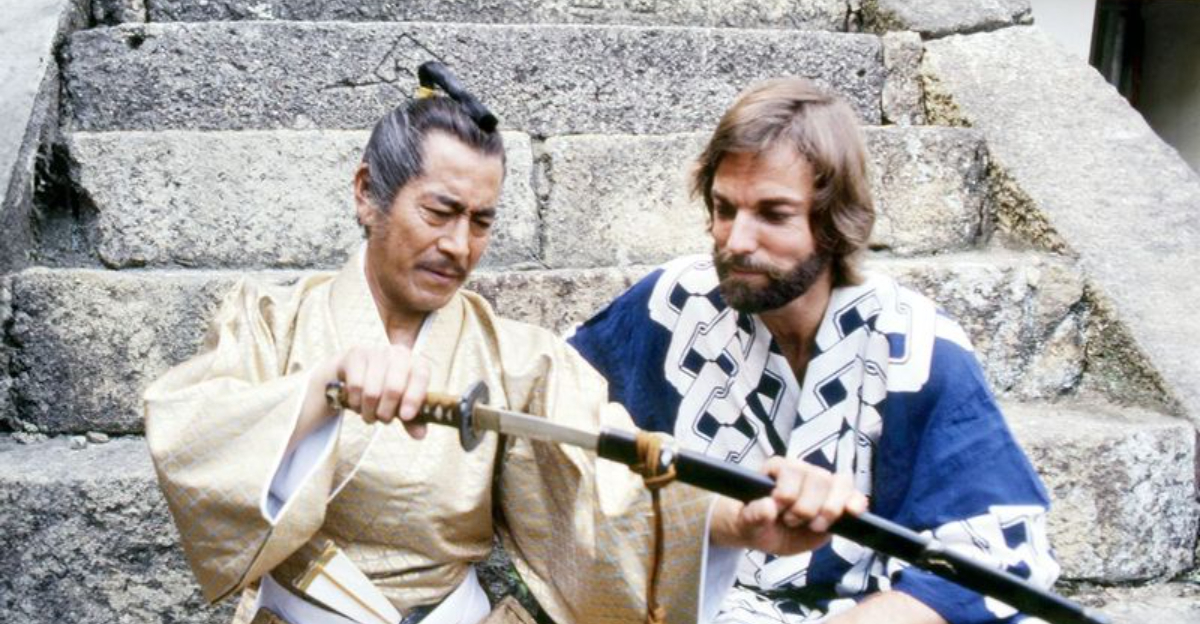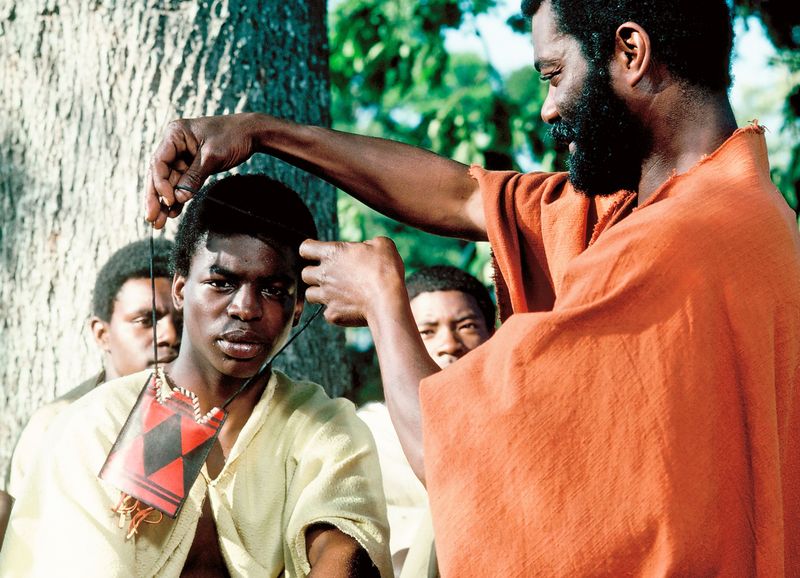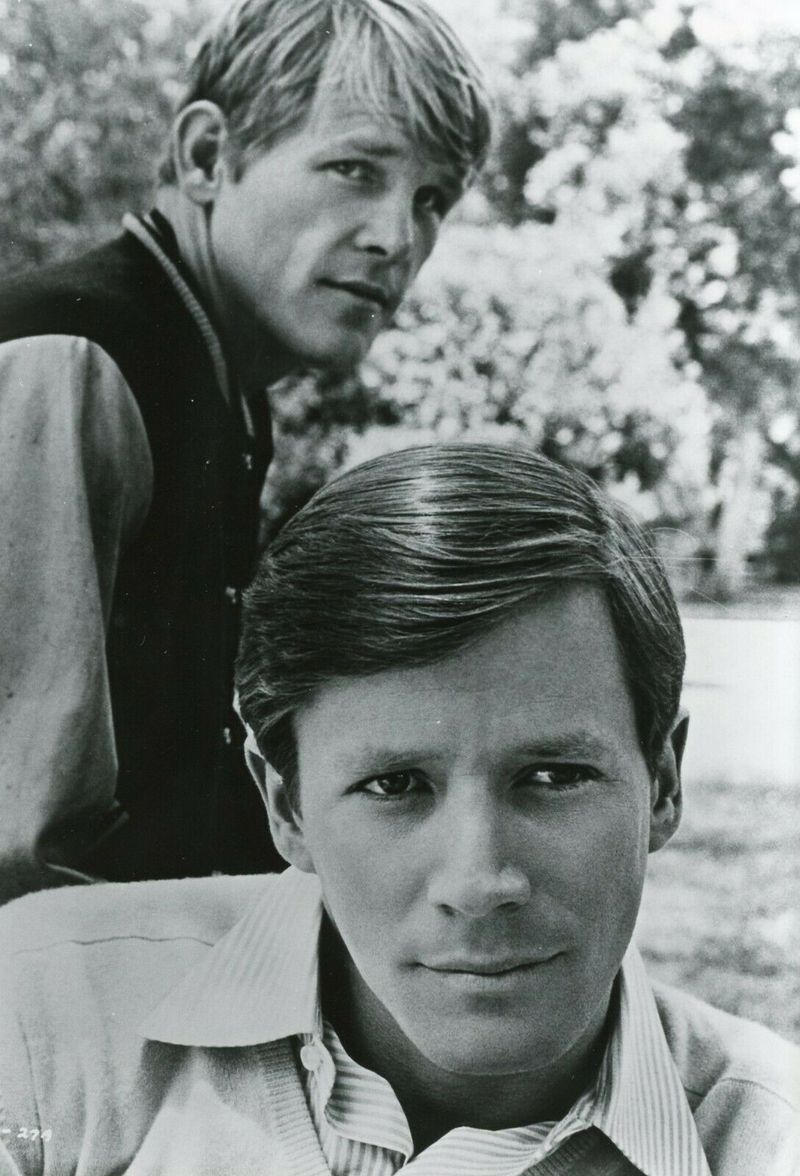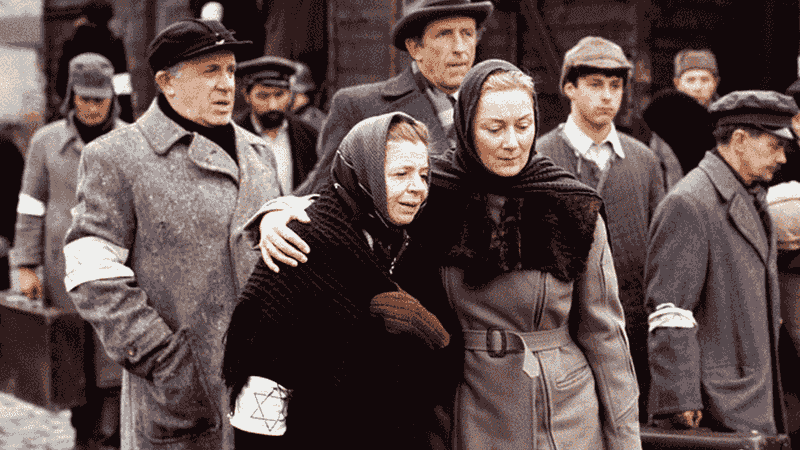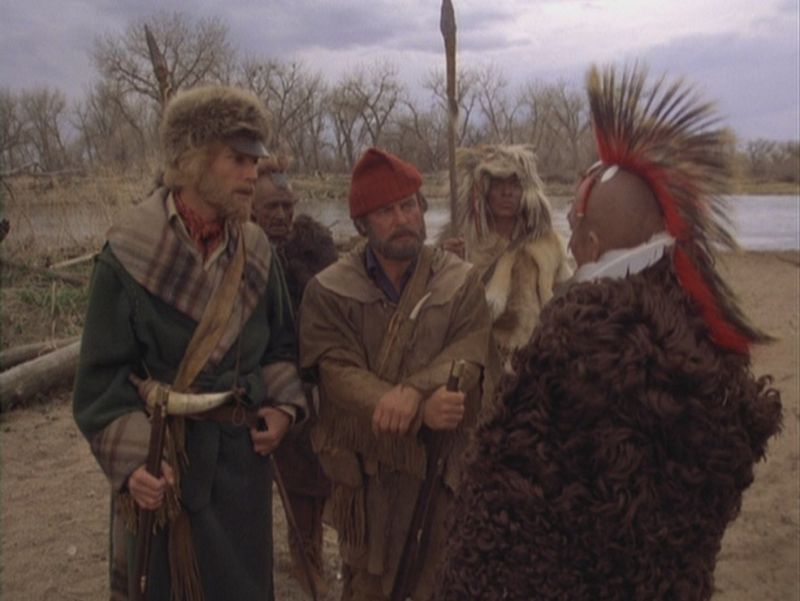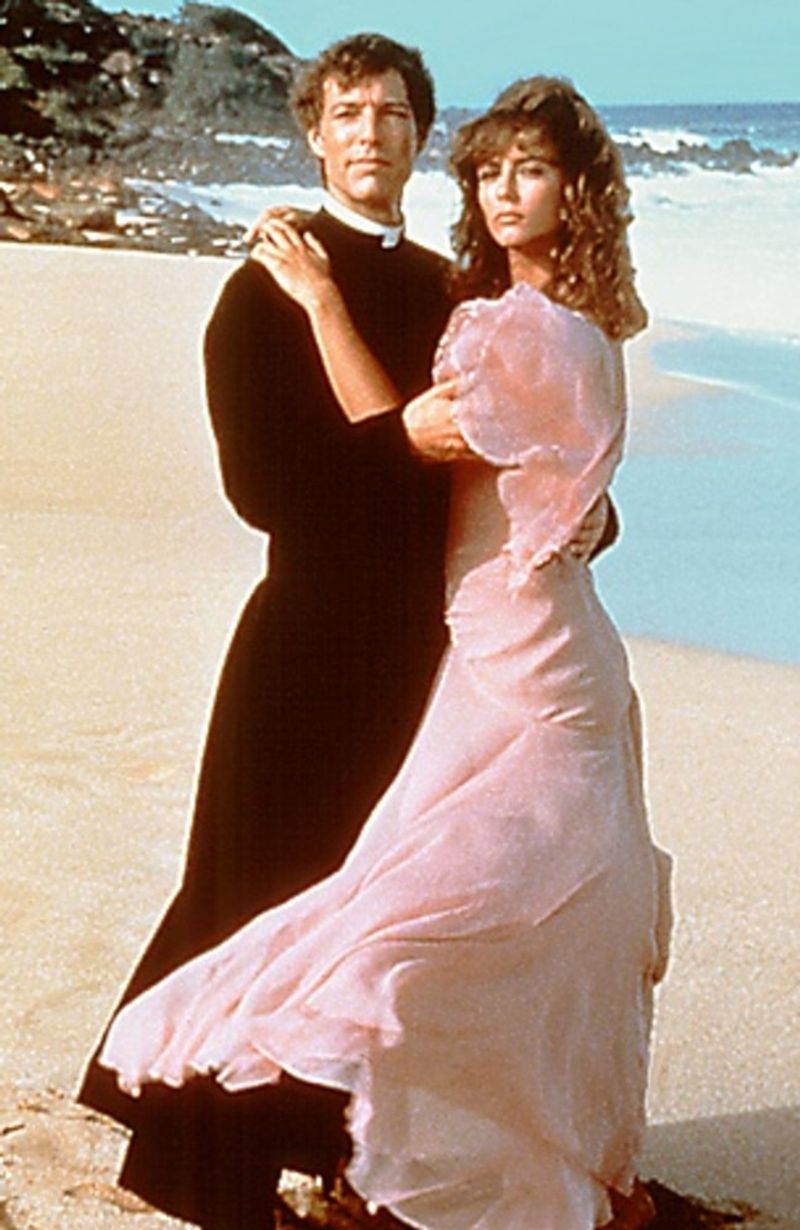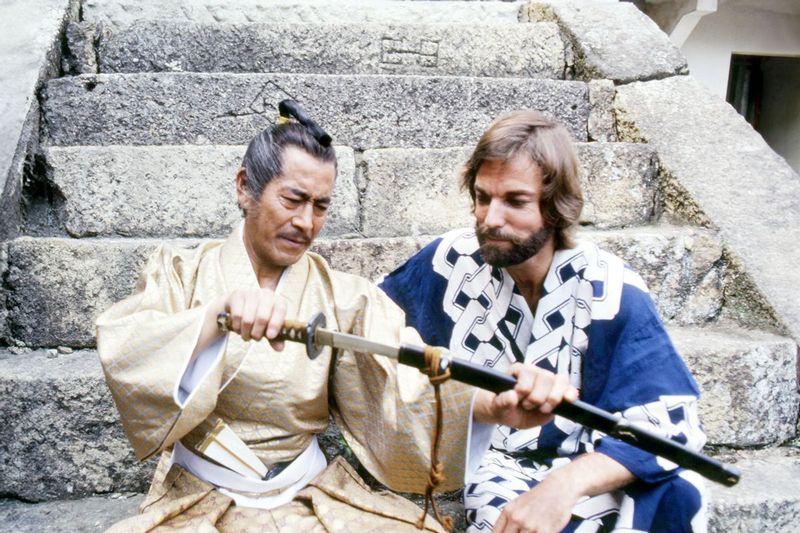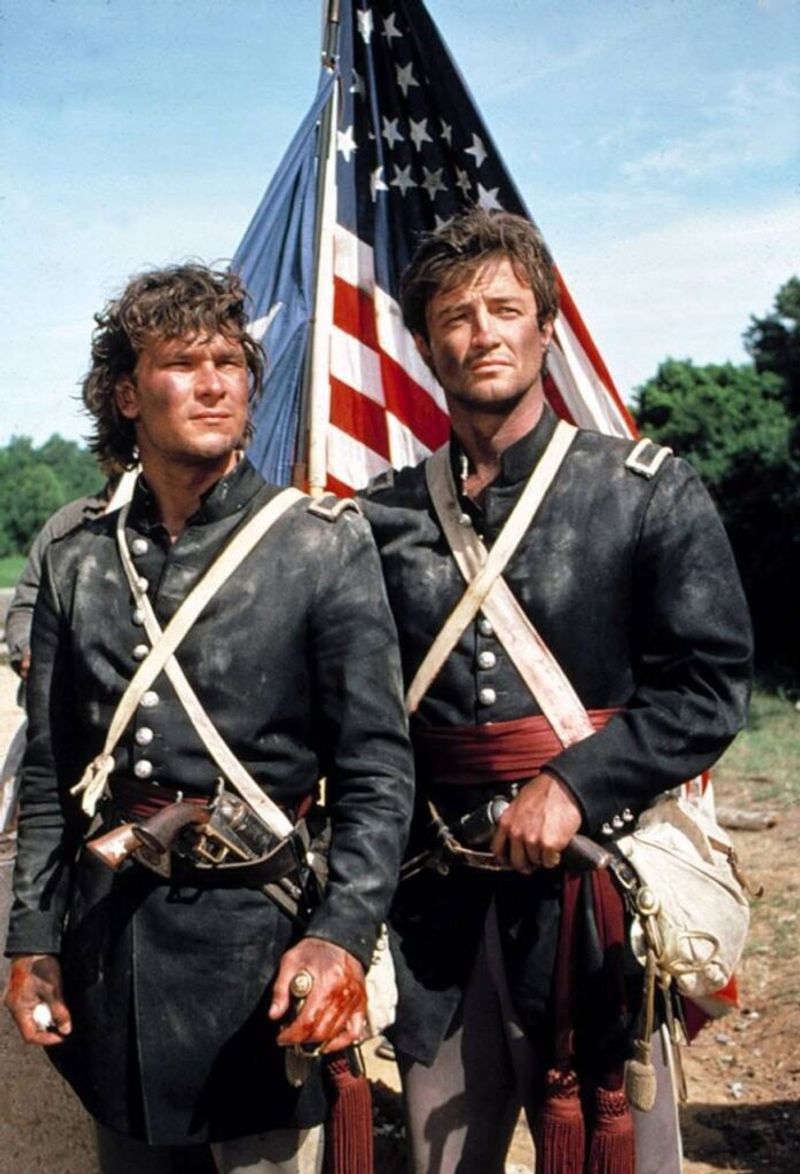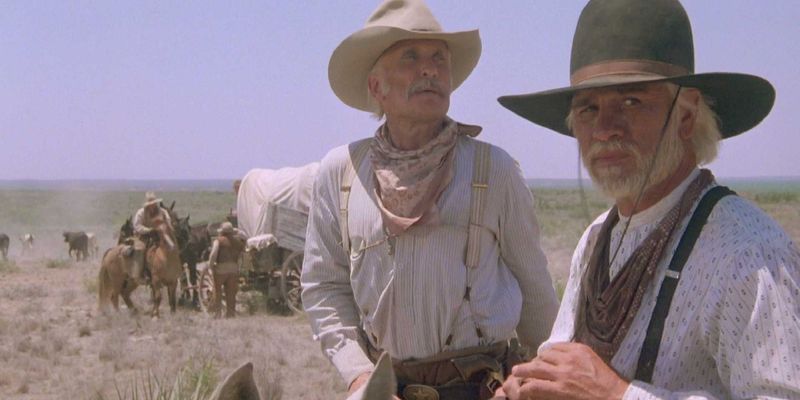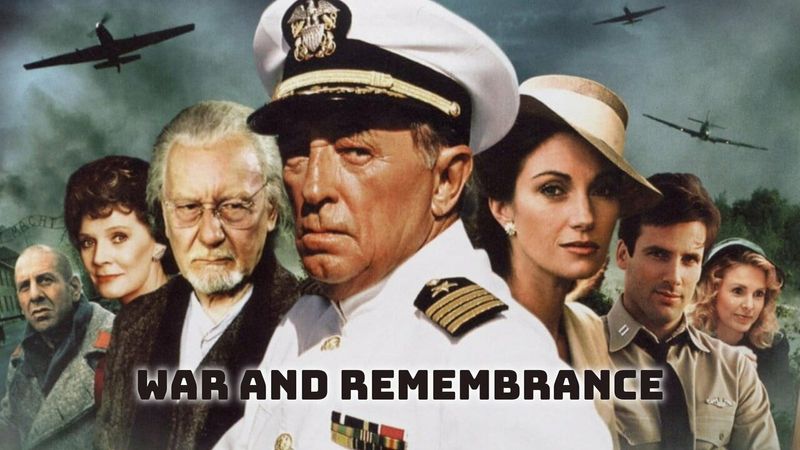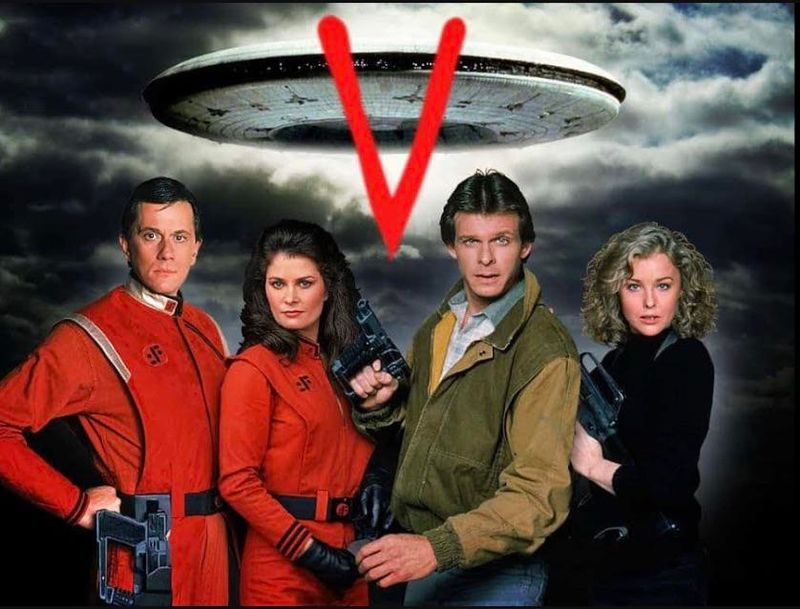The 1970s and 1980s were remarkable decades for television, with miniseries captivating audiences worldwide. These limited-run series offered intense storytelling, memorable characters, and high production values, leaving a lasting impact on viewers. The miniseries format allowed for in-depth exploration of themes and historical events, bridging the gap between film and traditional TV series. From gripping dramas to epic historical tales, these miniseries became cultural phenomena, influencing generations of viewers. In this blog post, we’ll delve into ten of the most popular miniseries from these decades, each leaving an indelible mark on television history.
1. Roots (1977)
With unparalleled storytelling, ‘Roots’ chronicled an African family’s journey from enslavement to freedom. Based on Alex Haley’s novel, it broke viewing records. The finale was one of TV’s most-watched episodes. ‘Roots’ sparked important discussions about slavery and race, making a profound cultural impact.
Its portrayal of history was both educational and emotionally resonant, offering viewers a chance to reflect on America’s past. Winning 9 Emmys and a Golden Globe, the series was a critical success.
The series was praised for its high production values and compelling performances, solidifying its place in TV history.
2. Rich Man, Poor Man (1976)
‘Rich Man, Poor Man’ was revolutionary for its narrative depth, following two brothers on diverging paths. Based on Irwin Shaw’s novel, it was among the first successful TV miniseries, setting a standard for future productions.
The contrasting lives of Rudy and Tom captivated audiences, exploring themes of ambition and societal pressure. Its emotional storytelling struck a chord with viewers, cementing its place as a cultural milestone.
Winning multiple Emmys, including Best Actor for Peter Strauss, it showcased stellar performances and storytelling. This series paved the way for other television epics with its innovative format.
3. Holocaust (1978)
In 1978, ‘Holocaust’ captured the harrowing history of WWII through the lens of a Jewish family and a Nazi officer. Its portrayal was intense and emotional, sparking global conversations about the Holocaust.
The series wasn’t just entertainment; it was an educational experience, shedding light on one of history’s darkest chapters. The narrative effectively conveyed the human toll of the Holocaust.
Winning 8 Emmys and a Golden Globe, ‘Holocaust’ was both critically acclaimed and culturally significant. Its compelling storytelling and historical accuracy left an enduring impact on audiences worldwide.
4. Centennial (1978-1979)
‘Centennial’ was a monumental TV event, exploring 200 years of American frontier history. Based on James A. Michener’s novel, this 26-hour epic was one of the most ambitious productions of its time.
Its expansive storytelling covered various historical events and characters, painting a vivid picture of America’s past. The series’ length allowed for a deep exploration of themes and narratives, rarely seen in television.
Praised for its production scale and storytelling depth, ‘Centennial’ remains a landmark in TV history. Its ambitious scope and execution set new standards in the miniseries format.
5. The Thorn Birds (1983)
In the 1980s, ‘The Thorn Birds’ mesmerized audiences with its sweeping romance and dramatic tension. Set in the Australian Outback, it starred Richard Chamberlain and Rachel Ward, captivating viewers with their chemistry.
The series’ exploration of forbidden love and familial conflict was both dramatic and engaging, making it the second-highest-rated miniseries of its time.
Winning 6 Emmys and 4 Golden Globes, it was praised for its storytelling and visuals. The series’ romantic saga and compelling performances made it a landmark in television, etching its place in the annals of TV history.
6. Shōgun (1980)
In 1980, ‘Shōgun’ introduced Western audiences to the rich tapestry of Japanese culture. Adapted from James Clavell’s novel, it followed an Englishman’s journey in feudal Japan, starring Richard Chamberlain.
The series was a cultural bridge, offering a captivating look into a world unknown to many viewers. Its epic storytelling and production values were lauded by critics and audiences alike.
Winning 3 Emmys and 3 Golden Globes, ‘Shōgun’ was a massive hit. Its portrayal of cultural contrasts and compelling narrative made it a defining miniseries of the 1980s.
7. North and South (1985, 1986)
‘North and South’ enthralled audiences with its Civil War-era drama, featuring two families caught in the conflict. Starring Patrick Swayze, its intricate storytelling and character development captured viewers’ hearts.
The series offered a vivid portrayal of the era, exploring themes of loyalty, love, and division. Its epic scale and star-studded cast made it a standout miniseries of the 1980s.
As one of the most-watched series of its time, it was celebrated for its historical accuracy and drama, setting a high standard for period dramas that followed.
8. Lonesome Dove (1989)
In 1989, ‘Lonesome Dove’ revitalized the Western genre with its epic storytelling and rich character development. Based on Larry McMurtry’s novel, it starred Robert Duvall and Tommy Lee Jones, bringing the Wild West to life.
The series’ portrayal of friendship, adventure, and hardship resonated with viewers, making it a critical darling. Its cinematic quality and compelling narratives revitalized interest in Westerns.
Winning 7 Emmys and 2 Golden Globes, ‘Lonesome Dove’ was celebrated for its storytelling and performances, cementing its place as a classic in television history.
9. War and Remembrance (1988-1989)
‘War and Remembrance’ was an ambitious sequel to ‘The Winds of War’, delving further into WWII’s complexities. Known for its high production costs, it offered a compelling portrayal of the era’s events.
The series provided a realistic depiction of the Holocaust and war, emphasizing the human stories within these historical events. Its attention to detail and expansive scope were unparalleled.
As one of the most expensive TV productions, it was noted for its historical accuracy and dramatic storytelling. It left a lasting impact on audiences and remains a benchmark for historical dramas.
10. V (1983, 1984)
In the early ’80s, ‘V’ captivated audiences with its thrilling sci-fi narrative about alien invaders posing as friendly visitors. The series blended suspense with social commentary, becoming a pop culture sensation.
Its storyline of resistance and identity resonated with viewers, sparking discussions about power and trust. The series’ innovative special effects and engaging plot captivated audiences.
Spawning sequels and reboots, ‘V’ left a significant mark on the sci-fi genre. Its unique approach to storytelling and visual effects made it a memorable entry in television history.
